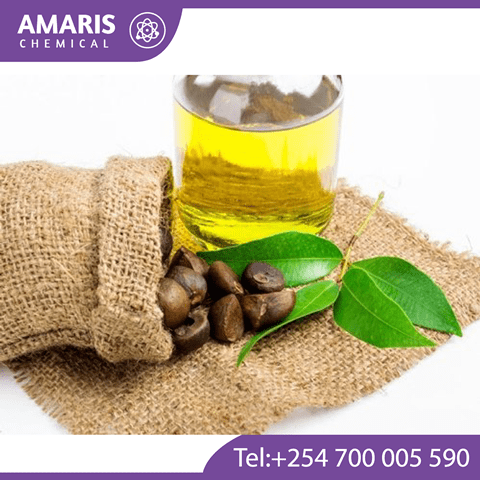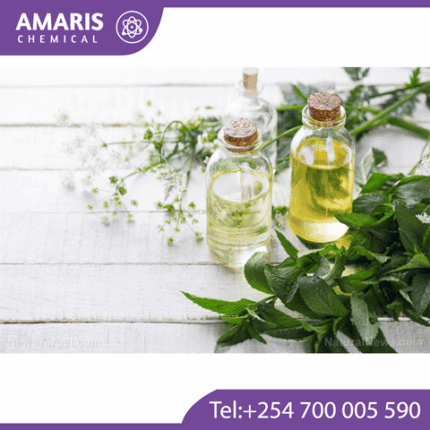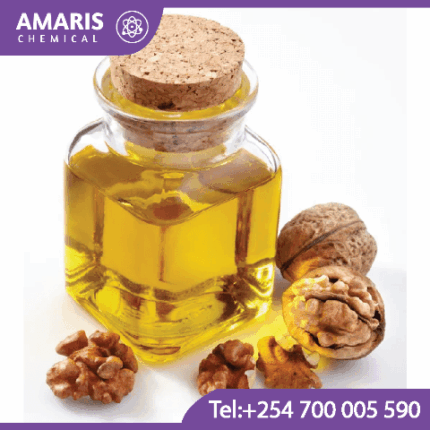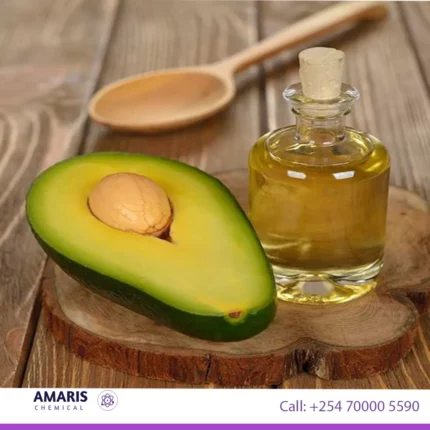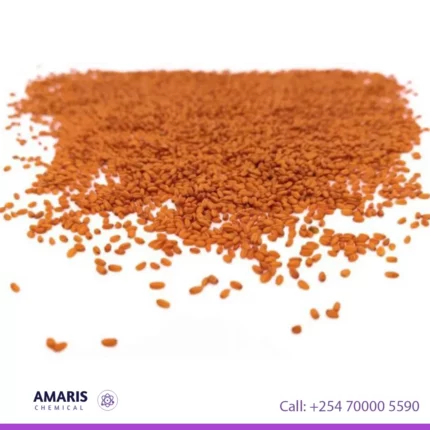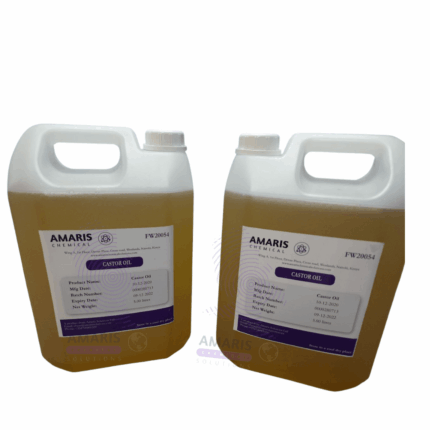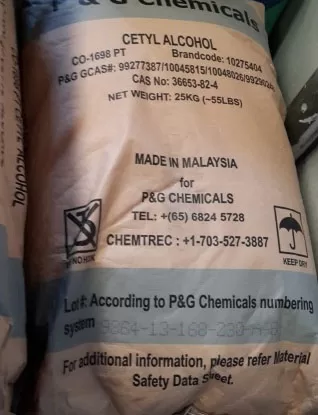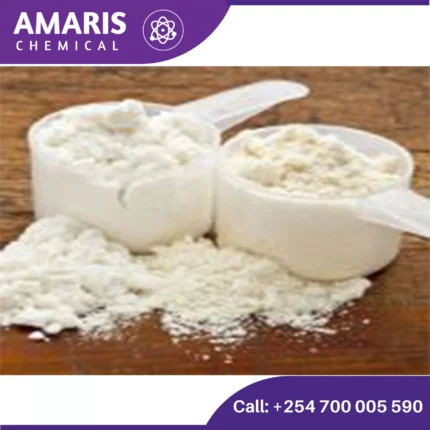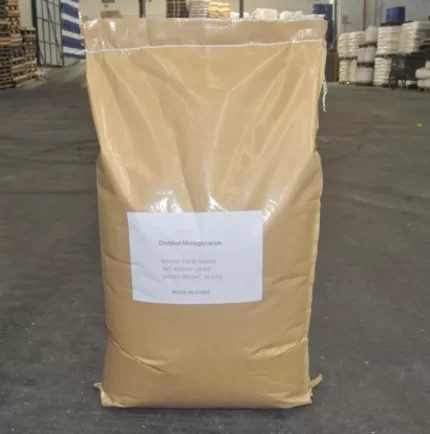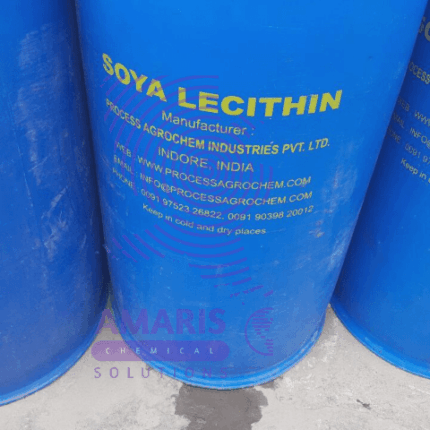“Castor Oil Food Grade” has been added to your cart. View cart
“Castor Oil Food Grade” has been added to your cart. View cart
Camelia Oil Infused
SKU:
ACS52834CHEM0
Categories: Emollients, Nutrient Supplements
Shipping & Delivery
Related products
Avocado wax
Avocado wax, also known as avocado oil wax or Persea Gratissima (Avocado) Oil, is a natural wax derived from the fruit of the avocado tree (Persea americana). It is obtained by cold-pressing the flesh of the avocado fruit and then further refining the extracted oil to obtain a solid, waxy substance.
Avocado wax has a high melting point and a rich, creamy texture, which makes it an excellent ingredient for various cosmetic and personal care products. It is often used as a natural alternative to petroleum-based waxes or synthetic emollients.
The wax contains a combination of fatty acids, such as oleic acid, palmitic acid, and linoleic acid, which contribute to its emollient and moisturizing properties. Avocado wax forms a protective barrier on the skin, helping to retain moisture and prevent moisture loss. It is known for its nourishing, softening, and smoothing effects on the skin and hair.
In summary, avocado wax is a natural wax derived from avocado fruit, prized for its moisturizing, emollient, and protective properties, making it a valuable ingredient in various cosmetic and personal care products.
Cetyl alcohol
Cetyl alcohol is a fatty alcohol with the chemical formula CH3(CH2)15OH. It is a waxy substance that is used in a variety of industries, including cosmetics, personal care products, and pharmaceuticals. Cetyl alcohol is commonly derived from vegetable oils such as coconut or palm oil, and is often used as an emulsifier, thickener, or lubricant in formulations such as lotions, creams, and ointments. It is also sometimes used as a surfactant, meaning it helps to dissolve other substances and improve their absorption.
Fish Collagen
Fish collagen is a natural protein extracted from the skin, scales, and bones of fish, primarily from species like cod, salmon, and tilapia. It is renowned for its high bioavailability, meaning it can be easily absorbed and utilized by the body. Fish collagen is composed of amino acids, including glycine, proline, and hydroxyproline, which are crucial for maintaining the structural integrity and elasticity of various tissues, including the skin, joints, bones, and blood vessels.
One of the distinguishing features of fish collagen is its smaller molecular size compared to other collagen types, such as bovine or porcine collagen. This smaller size enhances its ability to penetrate the skin and be effectively absorbed by the body. Fish collagen is also rich in type I collagen, which is the most abundant collagen type found in humans and plays a vital role in supporting skin elasticity and firmness.
Fish collagen has gained popularity in skincare and beauty products due to its ability to promote skin hydration, reduce the appearance of wrinkles and fine lines, and improve overall skin texture. It is believed to stimulate the body's natural collagen production and protect existing collagen from degradation, thereby supporting a more youthful and vibrant complexion.
Furthermore, fish collagen is known to support joint health by promoting cartilage regeneration and reducing joint stiffness and discomfort. It has been studied for its potential benefits in managing conditions such as osteoarthritis and rheumatoid arthritis, where collagen depletion and joint deterioration are major concerns.
In summary, fish collagen is a valuable protein source derived from fish, offering notable advantages in terms of bioavailability, skin rejuvenation, and joint support. Its unique composition and properties make it a sought-after ingredient in various cosmetic, nutraceutical, and medical applications.
Soya Lecithin
Soya lecithin is a natural substance derived from soybeans that is commonly used as an emulsifier, stabilizer, and dispersant in food products, pharmaceuticals, and other industrial applications. It is composed of a mixture of phospholipids, including phosphatidylcholine, phosphatidylethanolamine, and phosphatidylinositol, which have unique properties that make them useful in a wide range of applications. Soya lecithin is typically extracted from soybean oil and is often added to foods as an ingredient to improve texture, increase shelf life, or facilitate the mixing of ingredients that would otherwise not blend together.

